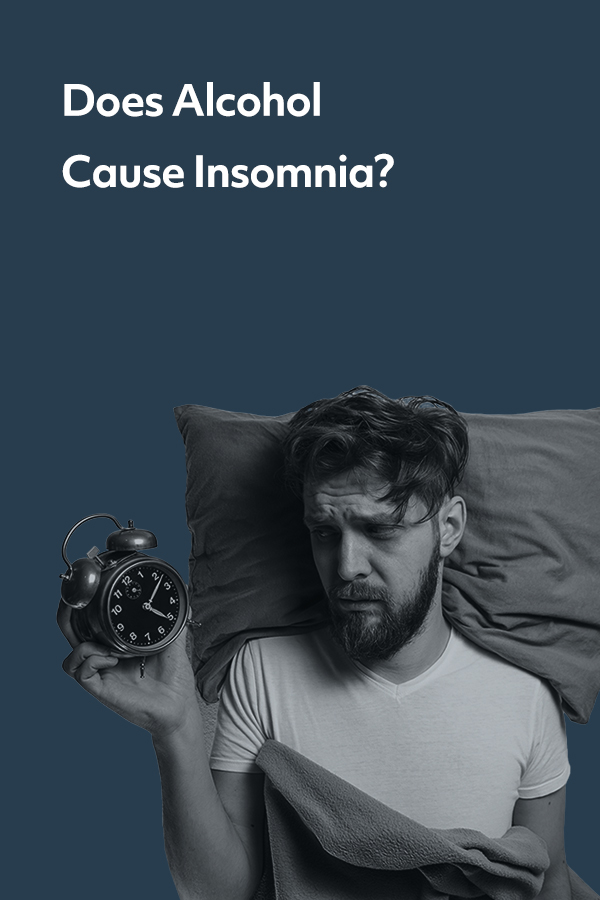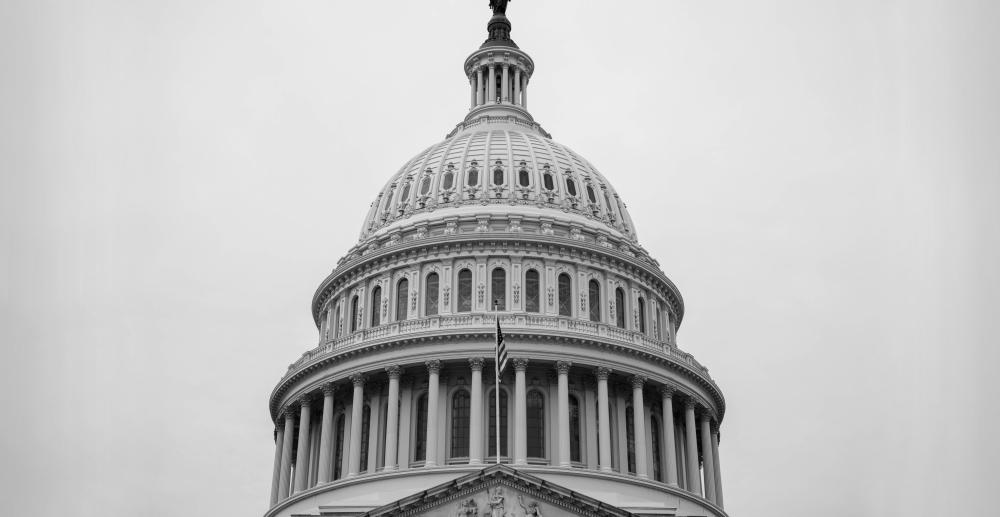Lack of sleep can play havoc with your health—physical, mental, and emotional. Does alcohol cause insomnia?
When I first began drinking heavily, I remember claiming that I just needed a drink or two to relax so I could get to sleep. For me that was just an excuse, but I bought into the lie that drinking helped me sleep for a long time. Towards the end of my active alcohol use, I was sleeping only two to four hours a night, spending the rest of the time drinking alone in my dark living room, reading stories I wouldn’t remember in the morning. Suffice it to say, drinking did not help me sleep.
But does alcohol cause insomnia? Here’s what the research says:
Actively drinking alcohol and insomnia
It’s estimated that 30% of adults have short-term insomnia, with another 10% suffering from chronic insomnia. That’s a lot of people unable to fall asleep! There are many factors contributing to insomnia, so the blame can’t be laid entirely at the feet of alcohol use. But the fact is that drinking alcohol does disrupt your sleep.
“How can this be?” you say. “Doesn’t alcohol help us fall asleep?” You’re falling for the same fallacy I used to believe. And you’re not alone! Researchers estimate that 20% of Americans take a drink sometimes to help them fall asleep. It might seem to help at first, because alcohol disrupts the brain’s mechanism for regulating sleep and wakefulness. This disruption can help you to fall asleep at first, but it also reduces the quality of your sleep and interrupts the REM sleep cycle. This makes you more likely to wake in the middle of the night and experience insomnia as you try to get back to sleep.
The disruptive effect of alcohol on sleep patterns gets worse over time, as well. So even if the first ‘nightcap’ seems to help you sleep, repeating the experiment will likely lead to more wakeful nights of interrupted sleep after only a few days. For most people, as the drinking levels up, so does the insomnia.
Detox/withdrawal from alcohol and insomnia
One might think that, since alcohol has a negative effect on our sleep health, that quitting drinking would be enough to fix it. Sadly, that’s not the case. The impact of alcohol use on the brain is not immediately reversed when you stop drinking. And along with the lingering effects of alcohol use on brain function, detox and withdrawal from alcohol bring new symptoms. You probably won’t be surprised to hear that one of those symptoms—along with shakes, headache, and heart palpitations—is insomnia. (It is wise to seek medical care during detox from alcohol, as the acute symptoms can be dangerous.)
Most people get through the worst of alcohol withdrawal within four to twelve days after they stop drinking. But for some, post-acute withdrawal syndrome can continue for weeks to months.
Long term recovery and insomnia
We use the word “recover” when we’re talking about healing from active substance use because that’s what it is: restoring and renewing physical, emotional, and mental health. The brain’s neuroplasticity means that it has the ability to adapt and to form new neural connections. This often feels pretty miraculous!
But recovery doesn’t mean that your sleep problems are over. For some in recovery, sleep is one of the last things to return to normal, long after the other physical symptoms have healed. In an article from ScienceDaily, professor of psychology David Hodgins says, “Lab research supports claims of sleep disruption; overnight-sleep studies have documented reductions in deep sleep and abnormalities in REM sleep in persons with more than a year of sobriety.”
So what can you do about insomnia?
This all might sound pretty discouraging. Alcohol can cause insomnia when we’re actively drinking, when we’re detoxing, and even into our recovery. So what do we do about it?
First, starting to drink again is not the answer. Sometimes when we’re staring at the ceiling in the middle of the night, we can go back to that lie about a drink helping us to sleep. But now we know better! Picking up a drink will only start the cycle of disrupted sleep again from the start.
Second, there are things you can do to improve your chance of a good night’s sleep.
- Try to stick with consistent sleep and wake times (even on your days off).
- Get regular physical activity, ending at least three hours before bed. This doesn’t have to be hardcore exercise! Moderate, low-impact activity works.
- Avoid caffeine, alcohol, or nicotine in the hours leading up to bedtime.
- Try to limit naps. They may seem appealing, but they can lead to wakefulness at night.
- Reserve the bed for sleeping and sex only. If possible, don’t watch TV, work, or eat in bed.
- Keep your bedroom dark and at a cool temperature. For most people, a dark, cool room with a blanket (if necessary) is the most comfortable way to sleep.
- Create a relaxing bedtime routine. A bath, a book, some chill music … whatever is relaxing and comforting to you.
- Put your mobile devices in a different room. If you usually use your phone as your alarm, get a separate alarm clock instead.










